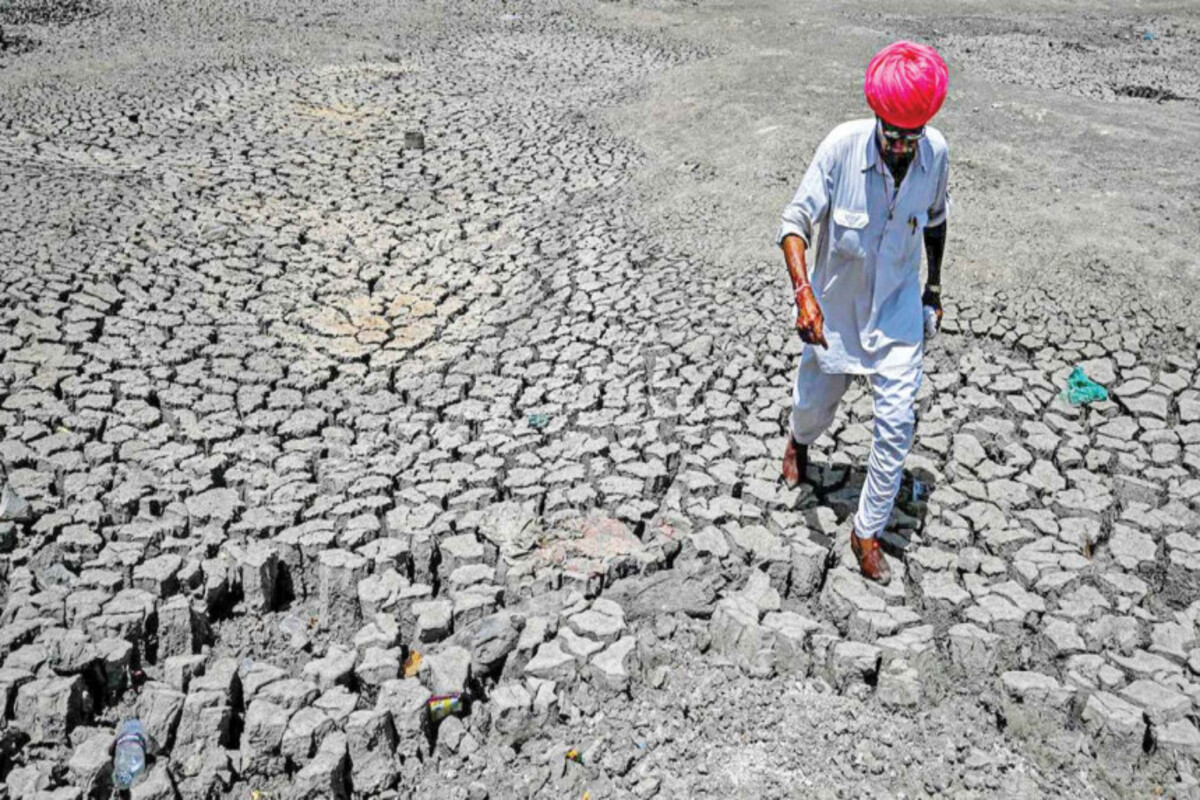India, the world’s third-largest carbon polluter, has finally approved new targets for slashing planet-warming emissions, more than a year after a United Nations deadline for updated commitments.
On Wednesday, the Indian federal cabinet approved the country’s new national emissions pledges, known as Nationally Determined Contributions (NDCs). Prime Minister Narendra Modi announced these goals last year at UN climate talks in Glasgow, but they had not been formalized.
India’s new NDC will commit the country to reducing the emissions intensity of its GDP by 45 percent from its 2005 level in the next 7 years – a 10 percent increase over its previous 2016 pledge.
India will also aim to meet half of its energy demands from renewable sources, such as solar and wind, by 2030. This, too, is a boost over its previous target of 40%, which the government said it had achieved in December 2021.
Under the 2015 UN Paris Agreement, parties are required to update their long-term climate goals every five years and are urged to show greater ambition as the impacts of climate change worsen.
India, which falls only behind China and the United States in emissions, is the last of the world’s five largest emitters to produce new targets. The government has also said it will aim for net zero emissions by 2070 – 20 years later than what climate scientists say is needed.
India was condemned at the 2021 UN climate summit for its attempts to water down language on reducing reliance on coal.












